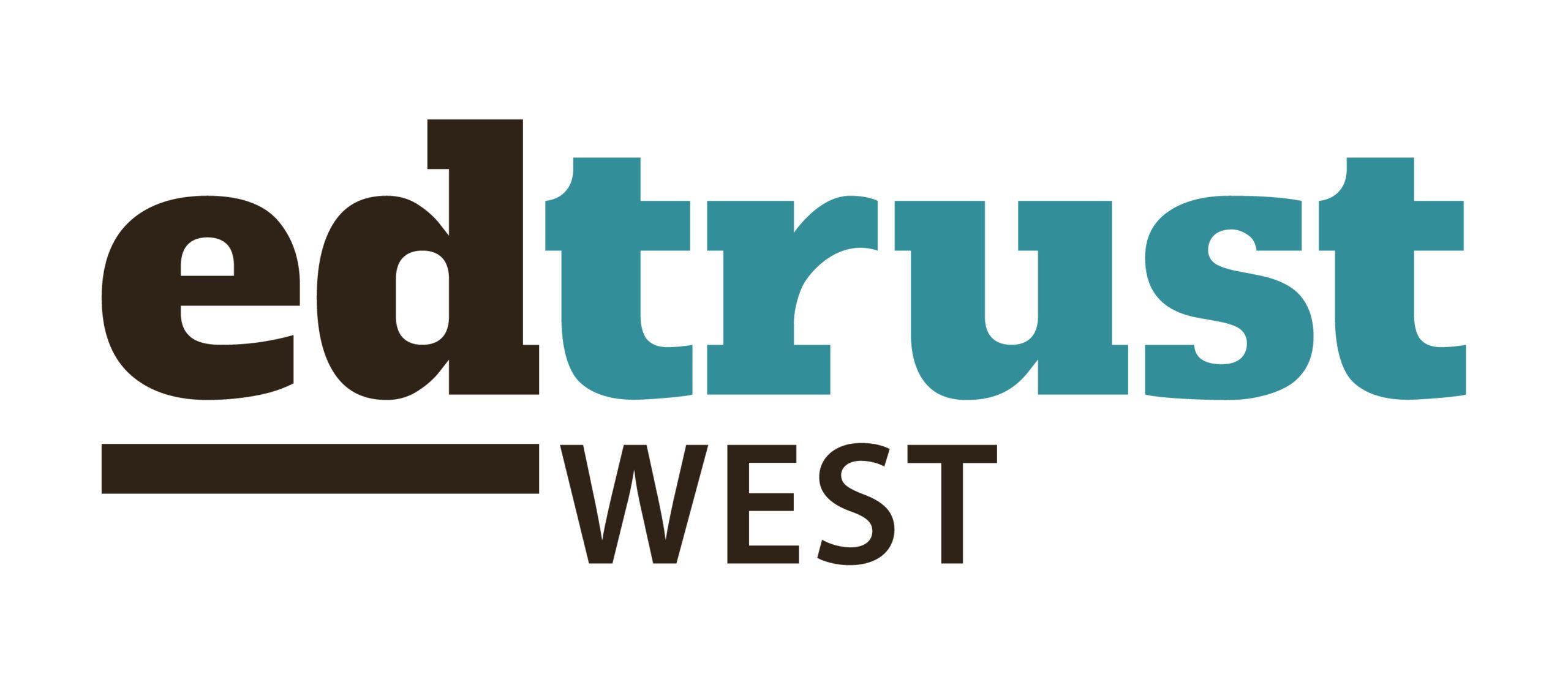Advocates Request Greater Flexibility for High School Seniors by extending the Statement of Intent to Register, Housing and Deposit deadlines
04/03/2020Supporting Financial Aid during COVID-19
04/09/2020Contact:
Kristin Costa
408.500.8555
Poll: California Parents Very Concerned About Children Falling Behind During School Closures
First Statewide Poll of California Parents Show Significant Gaps in Access to Resources and Elevated Stress Levels for Families
OAKLAND, Calif. – Nearly 9 in 10 California parents are worried about their children falling behind academically due to coronavirus-related school closures, and 8 in 10 are experiencing heightened stress levels, according to a new poll released today by The EdTrust-West (ETW). The statewide poll, conducted by Global Strategy Group for The EdTrust-West, finds that 81% of respondents rate school leaders’ general handling of the closures as “excellent” or “good.” But it also reveals that the crisis is exacerbating longstanding education equity challenges, including inequitable access to technology, academic support, and resources for students of color and students from lower-income communities.
“Communicating effectively with parents when schools close is no easy task, and teachers, principals, and district administrators deserve a lot of credit,” said Dr. Elisha Smith Arrillaga, Executive Director of The EdTrust-West. “But this is a time to accelerate our work. The poll results show that parents want consistent contact with their children’s teachers and are still lacking equitable access to academic resources. Right now, we must step up planning to ensure teachers and school leaders have the resources they need to stop learning gaps in their tracks when schools reopen.”
Key Poll Findings:
Academic Support
- 4 out of 5 (82%) Latinx and 3 out of 4 (76%) African American parents are concerned they do not have the resources or supplies to help their child stay academically on track.
- Nearly 1 in 4 (21%) Latinx and 1 in 10 (12%) of African American parents reported receiving little to no information about academic or other resources from their school or district. For parents who did receive academic resources, students in low-income households were less likely to receive science instructional materials.
- African American parents are less likely to have been contacted by their child’s teacher. (33% compared to approximately 41% for all other racial groups).
- A quarter (25%) of non-English home speakers say their child’s school has not provided materials in other languages. Only 31% of all parents reported that their school or district is providing instructional materials for English learners.
Digital Divide and Distance Learning
- 38% of low-income families and 29% of families of color are concerned about access to distance learning because they don’t have reliable internet at home.
- 50% of low-income and 42% of families of color lack sufficient devices at home to access distance learning.
Well-being
- Most parents (89%) are concerned that their children will fall behind academically and (80%) report a higher than usual level of stress due to school closures.
- 84% of parents of low-income households are concerned about being able to provide financially for their families compared to 72% of those from higher-income households.
Policymakers will need to shift from crisis management to long-term solutions to ensure education equity is at the forefront of every school, district, and state-level decision. In total, 1,200 parents of children in California public schools were polled online (desktop and mobile) from March 26th to April 1st. These poll results were released in coordination with The EdTrust–New York’s poll of New York parents amidst the unprecedented COVID-19 pandemic impacting school closures all across the state and the country.
Additional Resources and Recommendations:
In response to the shifting education landscape caused by the coronavirus, ETW released a series of resources “Education Equity in Crisis” to guide school and district leaders, policymakers and advocates on how best to center short and long-term solutions on helping students who are the most in need.
This resource was released today and illustrates digital access across the state. The map is designed to:
- Help statewide policymakers evaluate digital access needs in their region,
- Advocate for public private partnerships,
- Target professional development training,
- Require local education agencies to share their distance learning plans, and
- Establish a weighted funding allocation mechanism for federal stimulus dollars.
Addressing Learning, Promotions, Transitions, and Grades during School Closures
These policy recommendations include key issues and solutions to ensure the COVID-19 crisis does not widen opportunity gaps for students of color, students from lower-income families, English learners, and students with disabilities. ETW provides suggestions in the following areas:
- Meeting P-12 Students’ Learning Needs
- K-12 Grade-Level Promotion
- High School Graduation and Postsecondary Transition
- Course Grading Flexibility and Supports at Colleges and Universities
- Student Transitions and Progress at Colleges and Universities
About The EdTrust-West
The EdTrust-West works for educational justice and the high academic achievement of all students at all levels, pre-K through college, in the state of California. We expose opportunity and achievement gaps that separate students of color and low-income students from other youth, and we identify and advocate for the strategies that will forever close those gaps.
###


